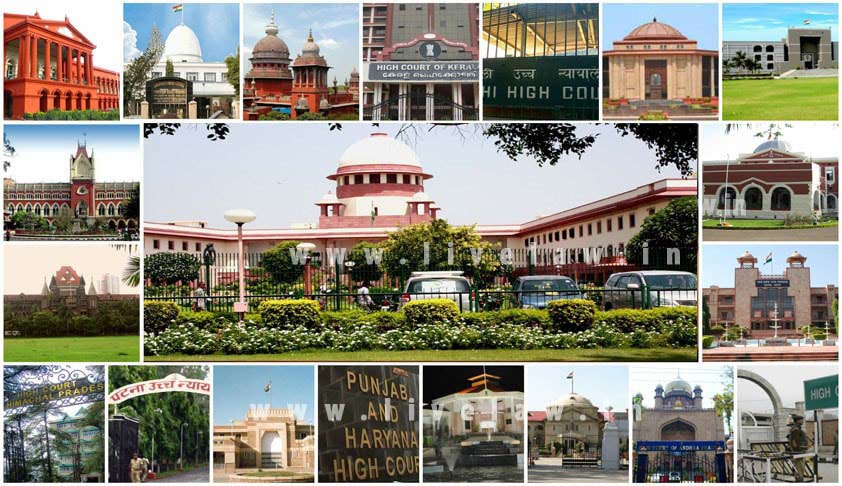- Home
- /
- News Updates
- /
- High Courts Weekly Round-Up
High Courts Weekly Round-Up
Ashok KM
20 Dec 2015 6:11 PM IST
Bombay High CourtThe High Court of Judicature at Bombay dismissed a Writ Petition filed by renowned singer Lata Mangeshkar challenging Maharashtra government’s decision to declare Jayprabha Studio in Kolhapur, owned by her, as a heritage structure. The Maharashtra Government had, on December 29, 2012, passed an order declaring the studio as a heritage structure. Mangeshkar had moved the...
Next Story



